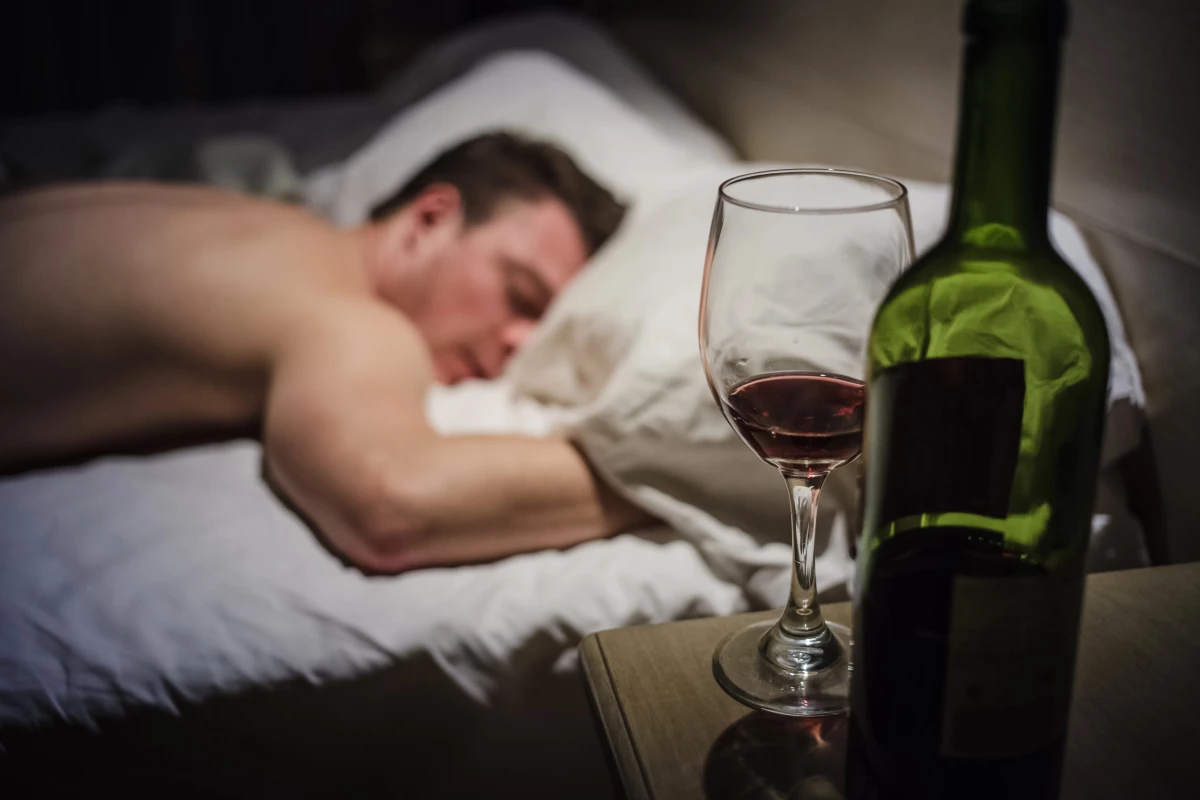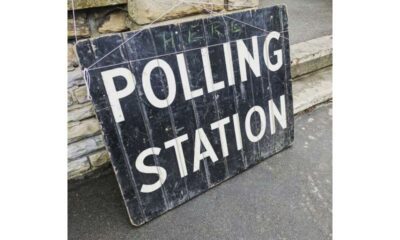Health
New Study Reveals Weekend Social Apnea Increases Sleep Disorder Severity

A significant new study has identified a weekly pattern in the severity of obstructive sleep apnea (OSA), revealing a striking increase during weekends, particularly on Saturday nights. Researchers at Flinders University have coined the term “social apnea” to describe this phenomenon, which suggests that lifestyle changes over the weekend contribute to worsening sleep disorders.
The research, which analyzed sleep data from 70,052 participants across 23 countries, shows that OSA severity can rise by as much as 18% on Saturdays compared to weekdays. This increase is more pronounced among younger adults and men. Specifically, men face a 21% higher risk, while younger adults under 60 years experience a 24% increase in OSA severity.
The study monitored participants for an average of almost 500 nights using an under-mattress sensor, allowing researchers to assess nightly breathing patterns rather than relying solely on formal diagnoses. This approach enabled the identification of those meeting criteria for mild, moderate, or severe OSA on any given night.
Dr. Lucia Pinilla, the lead author from FHMRI Sleep Health, stated, “Sleep apnea is already a major public health issue, but our findings suggest its true impact may be underestimated.” The research highlights that many clinical assessments focus on a single weeknight, often missing the weekend effects that could lead to underdiagnosis of the condition.
The term “social apnea” reflects the disruptions in sleep patterns caused by weekend activities, which often include late nights, increased alcohol consumption, and irregular sleep schedules. The research did not determine the exact mechanisms behind the heightened severity but noted that factors like alcohol intake and inconsistent use of OSA therapies likely contribute to this trend. Dr. Danny Eckert, Director of FHMRI Sleep Health and senior author, emphasized the need for comprehensive sleep studies that account for weekend behaviors.
“Relying on a single-night sleep study may miss important variations, leading to underdiagnosis or misclassification of OSA severity,” he explained. The findings suggest that maintaining a consistent sleep schedule throughout the week is crucial for those affected by OSA.
To mitigate the risk associated with social apnea, Dr. Eckert recommends individuals aim for a consistent sleep routine, ensuring they receive the recommended seven to nine hours of sleep each night. This includes keeping a fixed wake-up time and adhering to prescribed OSA therapies, even on weekends.
In related research, a team led by Bastien Lechat at Flinders University found seasonal fluctuations also impact OSA severity. Their analysis indicated that OSA tends to worsen during summer and winter months, with severity increasing by 8% to 19% compared to spring and autumn. Factors such as higher temperatures and longer sleep durations in winter may explain these seasonal variations.
The implications of these findings underscore the necessity for broader sleep studies that go beyond the traditional snapshot approach. OSA is estimated to affect around one billion people globally, and untreated cases can lead to serious health complications, including heart disease, diabetes, cognitive decline, and depression.
This study on social apnea was published in The American Journal of Respiratory and Critical Care Medicine, marking a crucial step in understanding the complexities of sleep disorders and their relationship with lifestyle patterns.
-

 Technology5 months ago
Technology5 months agoDiscover the Top 10 Calorie Counting Apps of 2025
-

 Health2 months ago
Health2 months agoBella Hadid Shares Health Update After Treatment for Lyme Disease
-

 Health3 months ago
Health3 months agoErin Bates Shares Recovery Update Following Sepsis Complications
-

 Technology4 months ago
Technology4 months agoDiscover How to Reverse Image Search Using ChatGPT Effortlessly
-

 Technology1 month ago
Technology1 month agoDiscover 2025’s Top GPUs for Exceptional 4K Gaming Performance
-

 Technology2 months ago
Technology2 months agoElectric Moto Influencer Surronster Arrested in Tijuana
-

 Technology5 months ago
Technology5 months agoMeta Initiates $60B AI Data Center Expansion, Starting in Ohio
-

 Technology5 months ago
Technology5 months agoRecovering a Suspended TikTok Account: A Step-by-Step Guide
-

 Health4 months ago
Health4 months agoTested: Rab Firewall Mountain Jacket Survives Harsh Conditions
-

 Lifestyle5 months ago
Lifestyle5 months agoBelton Family Reunites After Daughter Survives Hill Country Floods
-

 Technology4 months ago
Technology4 months agoHarmonic Launches AI Chatbot App to Transform Mathematical Reasoning
-

 Technology3 months ago
Technology3 months agoUncovering the Top Five Most Challenging Motorcycles to Ride





















